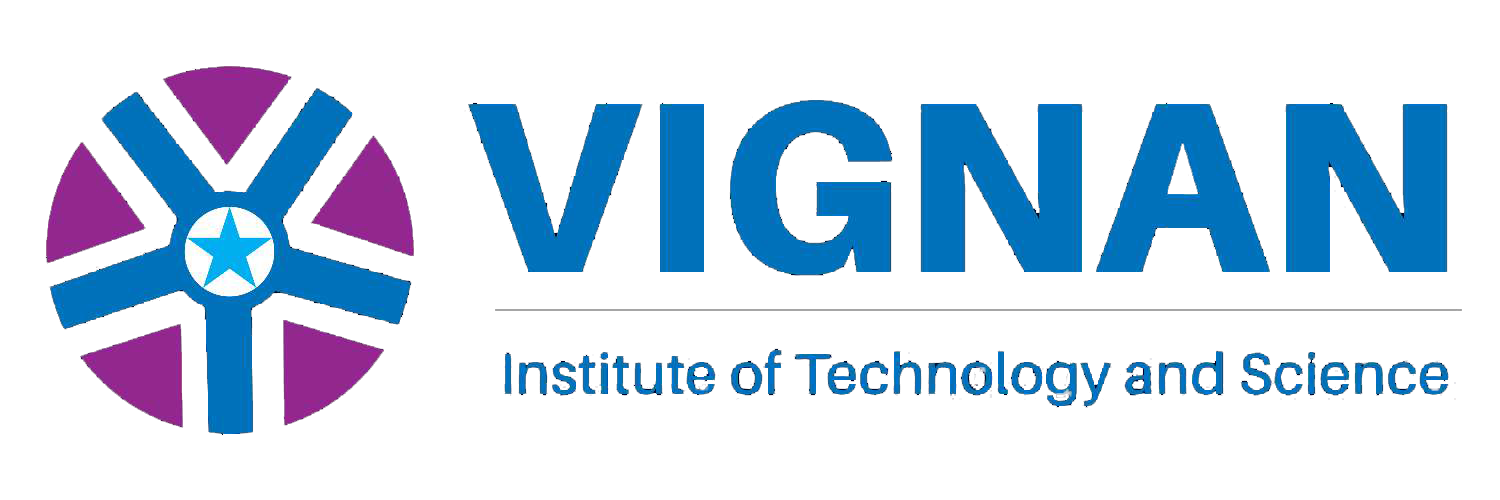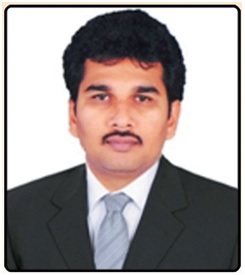Prof. B.V.Chowdary, Pursuing his PhD from GITAM University, Vizag. Master’s in CSE from MGR University, Chennai in 2006 and completed B.Tech (ECE) from Sree Vidyanikethan Engineering College, Tirupathi in 2003. He has a total teaching, research and administrative experience of 14 years. His research interests include Data Mining and Machine Learning.
Research:
- Journal Publications: 14
- Conferences Presented: 04 (IEEE, ACM)
- Patents: 01
Achievements:
- Received “YUVA ACHARYA AWARD” from Bharat Education Excellence Awards in September 2021.
- Administrative roles executed – Head of the Department, Dean -IT Services

